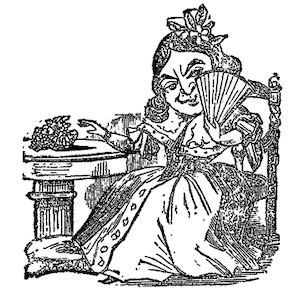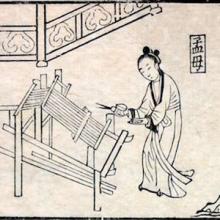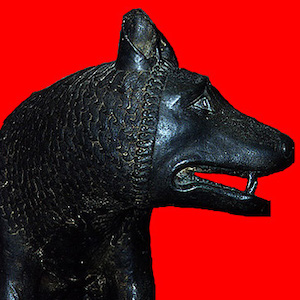Government

Sejarah Nusantara
The Sejarah Nusantara represents an invaluable digital archive for international researchers studying the history of Indonesia and maritime Southeast Asia.
Florilegium Urbanum
Inspired by the medieval concept of a textual anthology illuminating specific topics, Florilegium Urbanum allows the user to explore more than 200 short sources and excerpts from longer texts dealing with medieval English towns.
NBER Macrohistory Database
The NBER Macrohistory Database is one of the best resources and clearinghouses on the internet for economics and economic history, but it requires a little hunting to locate information.
Broadside Ballads Online
This website highlights 16th-, 17th-, and 18th-century broadside ballads. These were popular songs (frequently with lavish woodcut illustrations) sold at a relatively affordable price and widely circulated.Long Teaching Module: African Scouting (20th c.)
Conceived by General Sir Robert Baden Powell to reduce class tensions in early 20th-century Britain, the Boy Scout movement evolved into an international youth movement that offered a romantic program of vigorous outdoor life for boys and adolescents as a cure for the physical decline and social

Long Teaching Module: Children in Ancient China
The unprecedented interest in the child who assumed unique importance in the Han period was set into motion by a convergence of historically-specific conditions: (1) the establishment in the Qin dynasty (221-207 BCE) and the further development in Han times (206 BCE-220 CE) of a merit-based civil

LacusCurtius: Into the Roman World
Initiated in 1995, this site has developed into an impressive array of primary and secondary resources on ancient Rome
Avalon Project: Documents in Law, History and Diplomacy
The site is most valuable where it has gathered together extensive sources about a specific historical theme or event.Record of Conversation between Representative of the Opposition Roundtable and Boris Stukalin
In the summer of 1989, representatives of the Opposition Roundtable in Hungary met with Boris Stukalin, the Soviet ambassador in Budapest, to discuss the country's political situation.
Minutes of a Meeting of the Presidium of Citizens' Parliamentary Club
In early June 1989, Poland held its first semi-free elections since the inception of Communist Party rule in the post-World War II era. Poles indicated strongly their anti-Communist and pro-Solidarity sentiments, as evidenced by the solid defeat of Communism in this election.